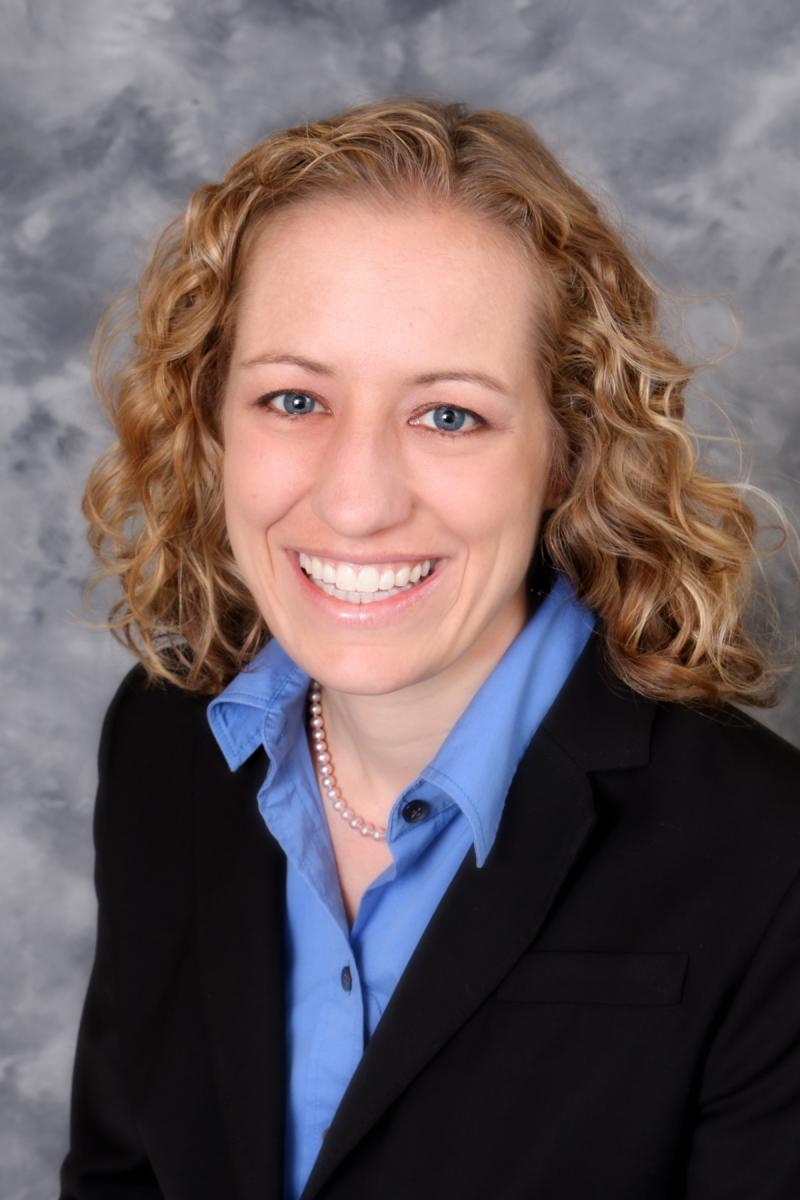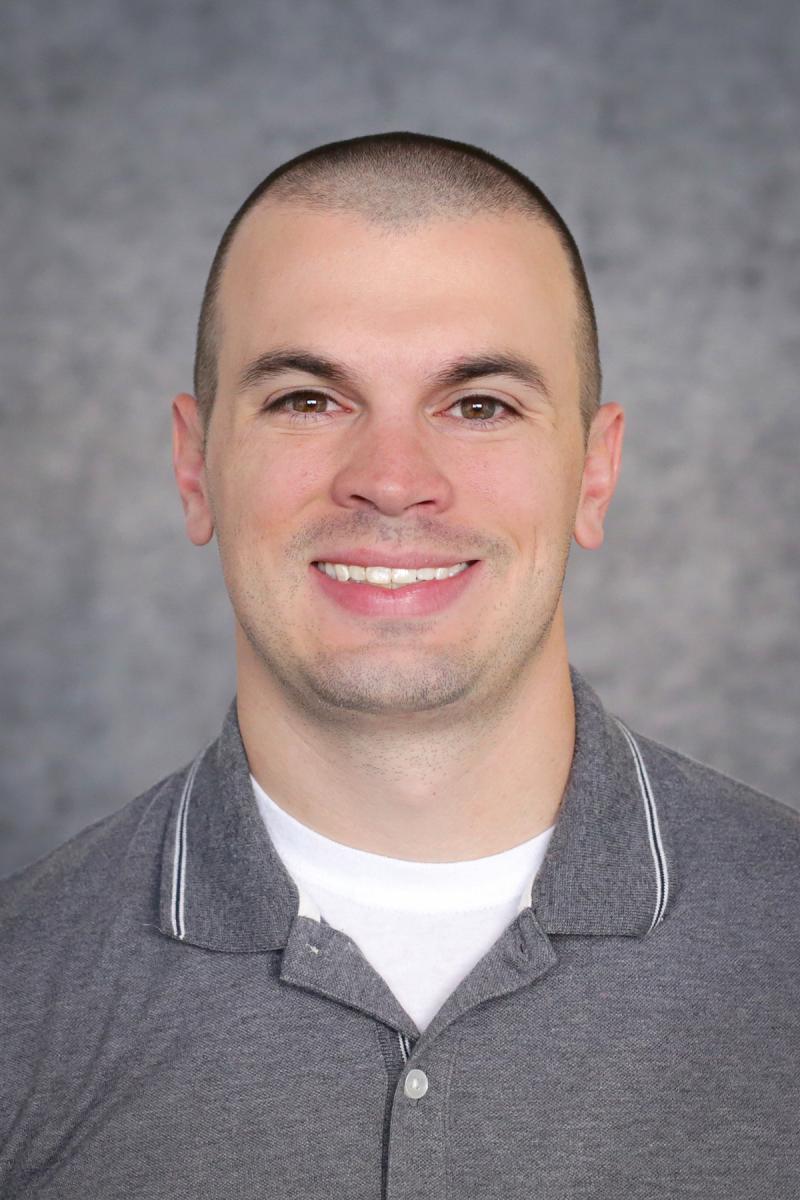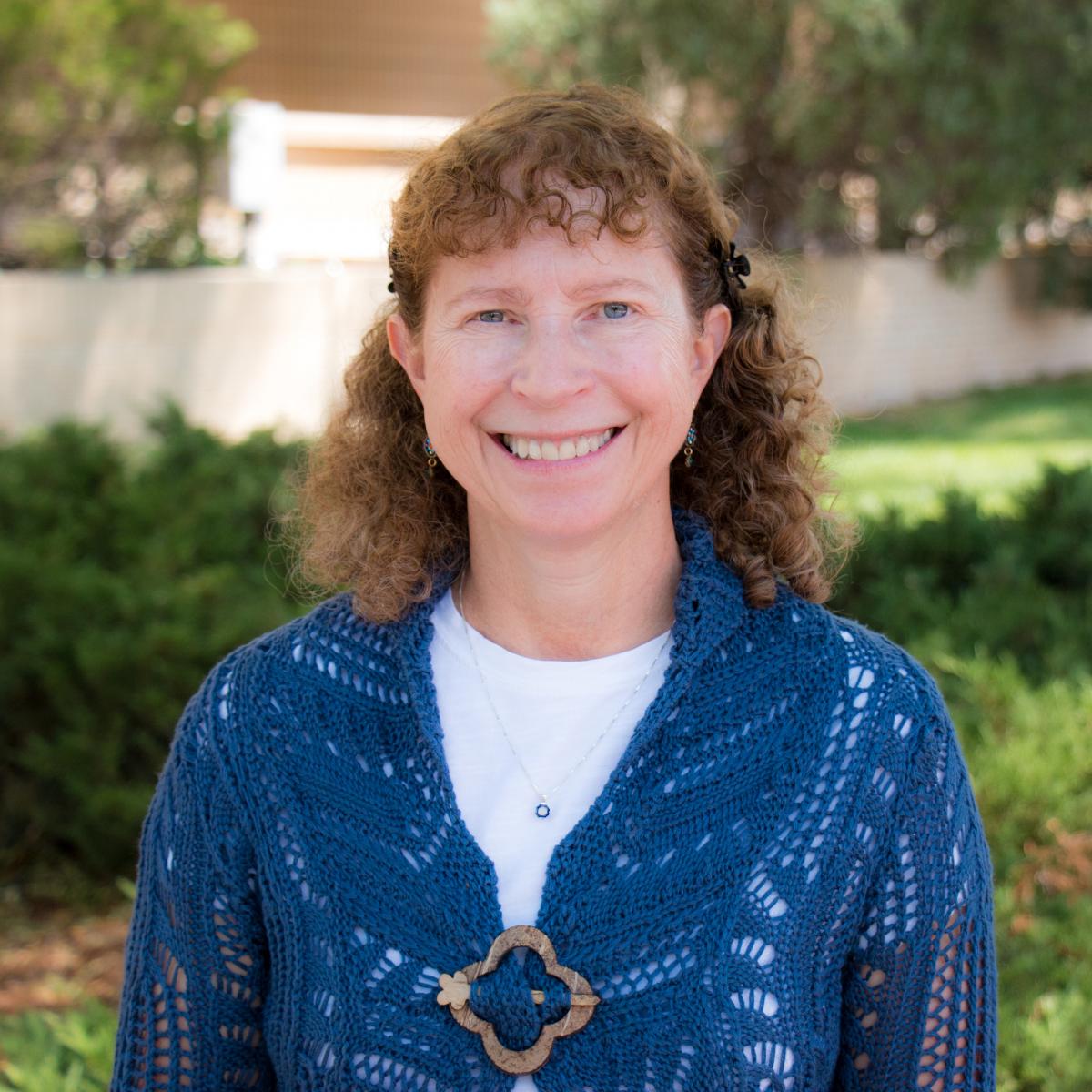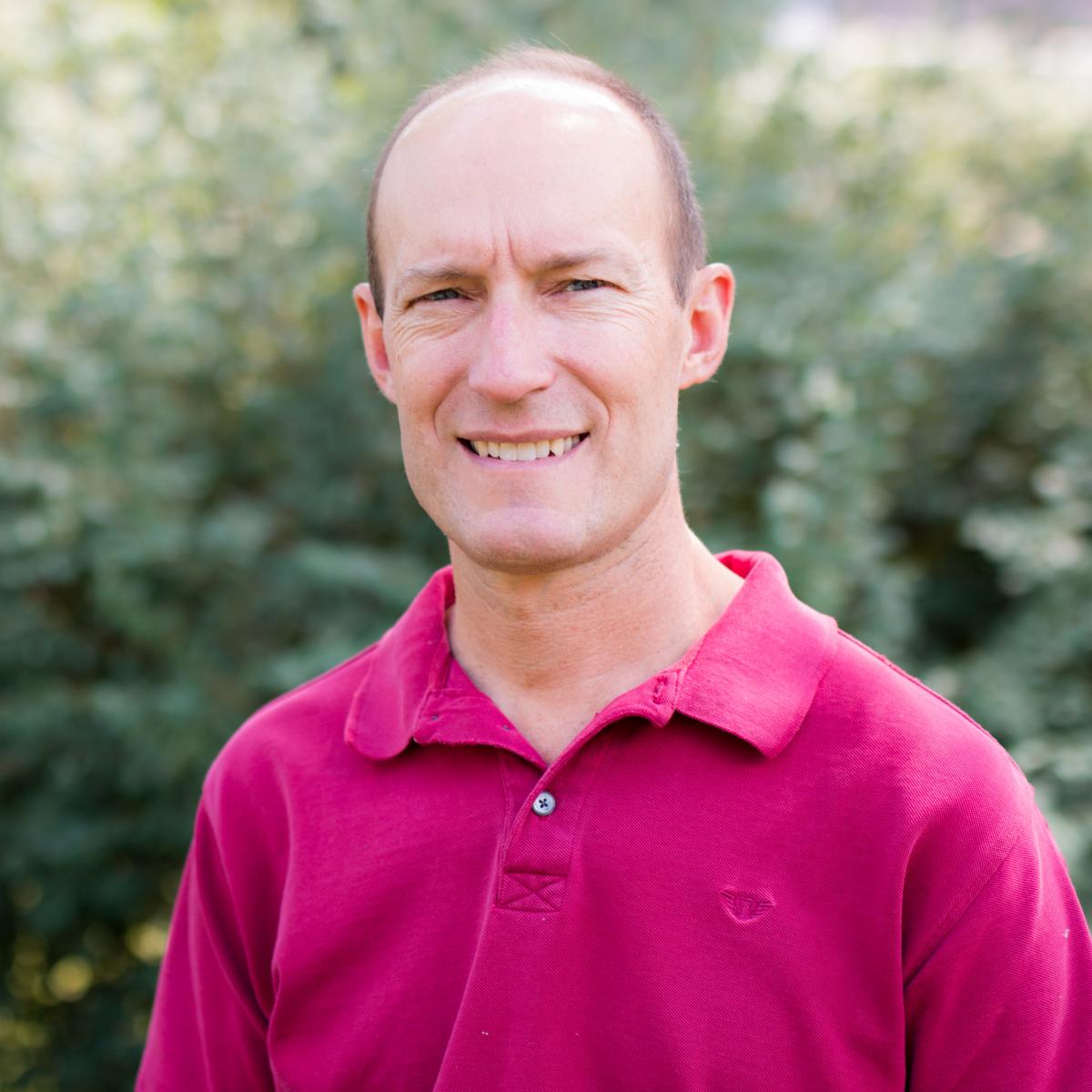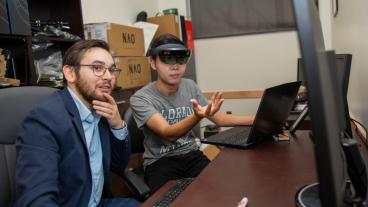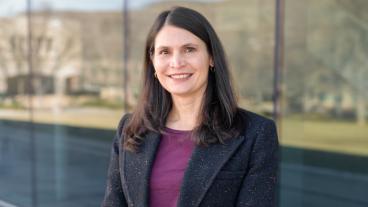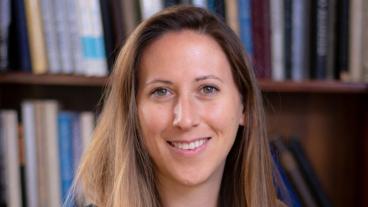On August 5, 2016, seven Mines faculty were awarded the inaugural Daniels Fund Faculty Fellows award for their proposals on how to incorporate ethics into their courses. The Daniels Fund awarded Mines a $65K grant to incorporate ethics into the curriculum— each of the proposals will receive $5K for this ethics initiative. Mines is the first STEM-focused university to receive Daniels Fund grants for ethics.

Mines Daniels Fund Faculty Fellows left to right: Cyndi Rader, Toni Lefton, Paul Santi, Sarah Hitt, Jeffrey Paone, Chuan Yue. Not pictured: Melissa Krebs.
With this award, the Faculty Fellows are expected to develop lessons, modules or projects that incorporate ethical considerations as a central focus. Upon completing their courses, the Faculty Fellows will assess the activity and develop strategies for adaptation, the goal being to create strategies that can be applied to a variety of courses. The faculty will then share their results with the campus community.
This year’s winners include:
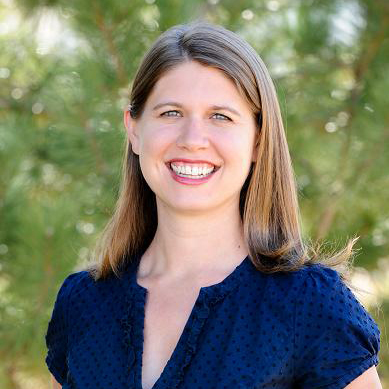 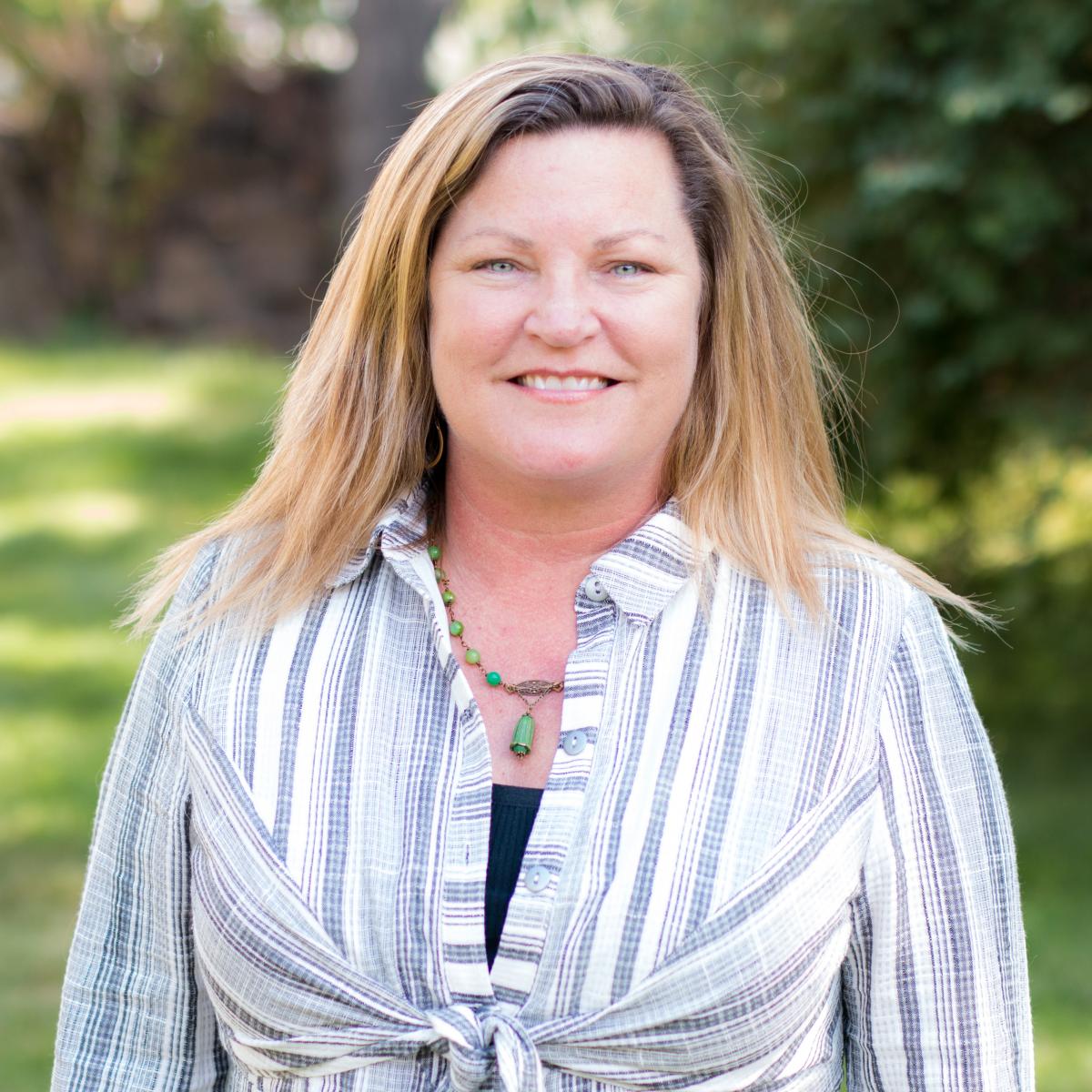 | Sarah Hitt and Toni Lefton from the Division of Liberal Arts and International Studies for “Ethics Across the Honors Curriculum: Using a New First Year Honors Course as a Foundational Framework.” This proposal details the expansion of the Honors Program at Mines with two new courses focusing on an ethical framework. A new first-year honors course is in development, which will incorporate instruction and practice of professional, personal and environmental ethics. |
| Melissa Krebs from the Department of Chemical and Biological Engineering for “Ethics in Biomedical Engineering.” Krebs’ proposal defines how the course “Introduction to Biomedical Engineering” will have ethics modules built into the course to help prepare students for moral challenges that they may someday face as engineers. The biomedical ethics issues students will discuss include those surrounding stem cells, gene therapies and intellectual property. |
| Jeffrey Paone and Cyndi Rader from the Department of Electrical Engineering and Computer Science for “Ethics in the Computer Science Curriculum.” This proposal explains how the “Advanced Software Engineering” and “Programming Concepts” computer science field sessions will undergo an ethics instruction overhaul to be better integrated into the curriculum. The ethics instruction will go deeper than simply introducing the “Computer Scientists Code of Ethics” and will include discussions revolving around timely issues such as the use of drones and data mining. |
| Paul Santi from the Department of Geology and Geological Engineering for “Ethics Education for Geological Engineers.” Santi’s proposal explores how the courses “Engineering Geology Design” and “Advanced Geological Engineering Design” will incorporate considerations of ethical constraints on designs, workplace behavior and client relations. Students will also examine contemporary moral issues in geological engineering and participate in classroom exercises that demonstrate complex ethical dilemmas. |
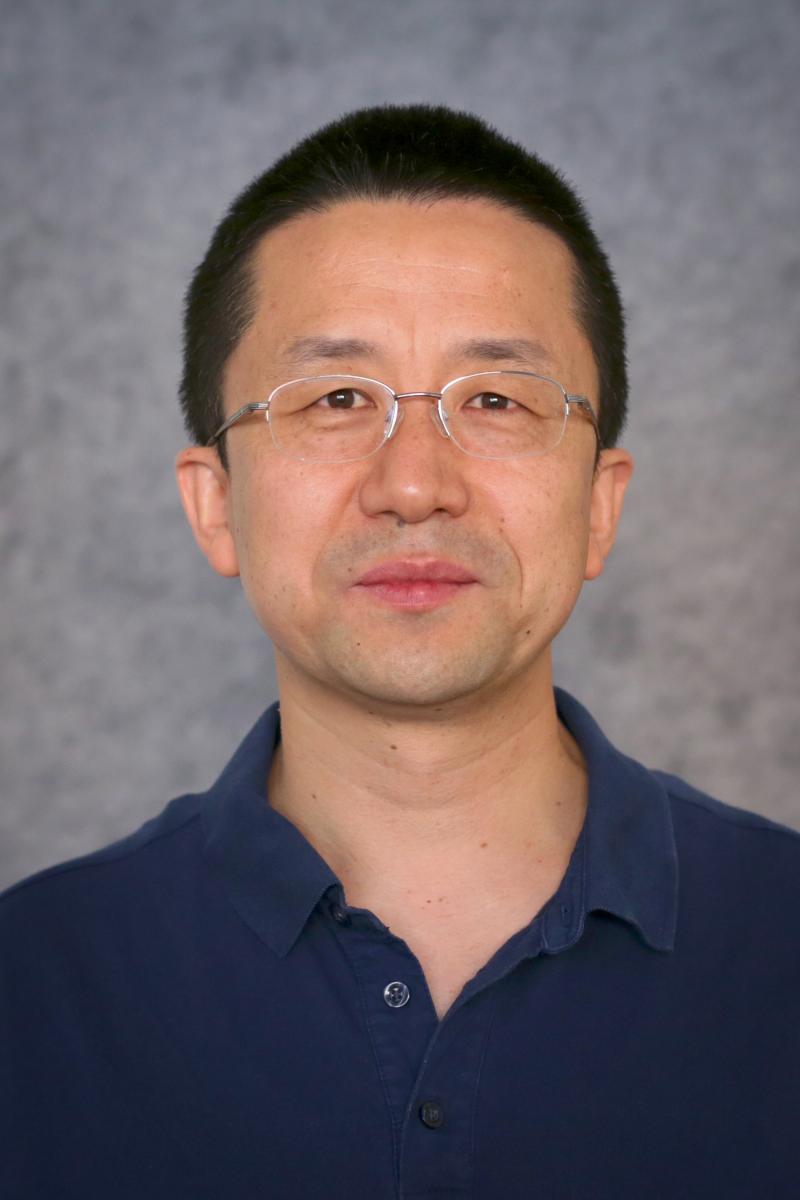 | Chuan Yue from the Department of Electrical Engineering and Computer Science for “Incorporating Ethics Instruction in Security and Privacy Courses.” This proposal describes how the two main computer security and privacy courses offered at Mines, “Introduction to Cryptography” and “Information Security Privacy,” will add ethics modules that address topics such as the difference between ethics and law and discuss the responsibilities that arise from the highly-specialized nature of activities such as cyberterrorism and information warfare. |
Contact:
Ashley Spurgeon, Editorial Assistant, Mines magazine | 303-273-3959 | aspurgeon@mines.edu
Agata Bogucka, Communications Manager, College of Earth Resource Sciences & Engineering | 303-384-2657 | abogucka@mines.edu

